Update: This article was last updated on 21st August 2024 to reflect the accuracy and up-to-date information on the page.
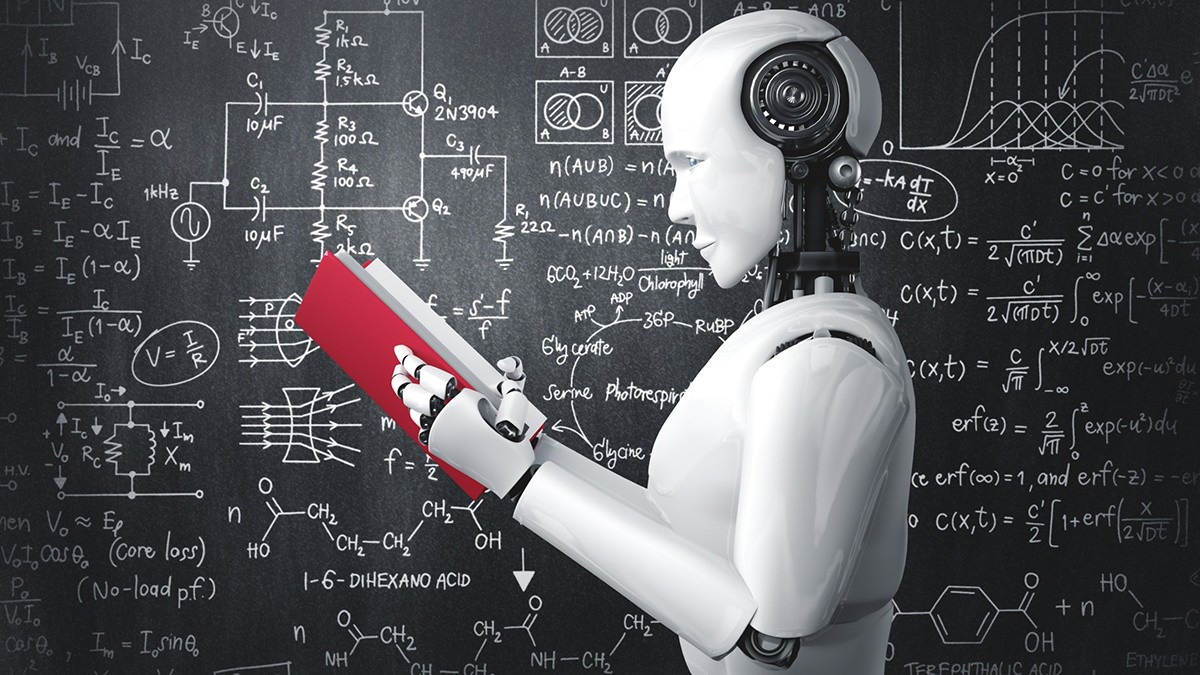
Would you believe that AI-based teaching boosted math scores more than traditional teaching? Wu (2021) found that AI-based teaching increased math scores by approximately 30% compared to traditional methods and improved student collaboration.
Mathematics is a basic fundamental skill that plays a crucial role in various aspects of our lives, from daily problem-solving to career opportunities in STEM fields. However, many students struggle with math, often finding it intimidating and dull.
When traditional teaching methods, including textbooks and lectures, fail to capture the imagination of students and make math concepts come to life, AI labs and robots step in.
AI labs and robots are emerging as powerful tools to boost math proficiency while making the learning process exciting for students of all ages. In this blog, we will explore how AI labs and robots are revolutionizing math education and making it more accessible and enjoyable.
The Math Proficiency Test
The alarming drop in arithmetic competency in the US across a range of age groups is highlighted in the USAFacts article. A sizeable portion of kids, from elementary school to high school, are having difficulty understanding basic mathematical concepts. Numerous variables, such as ineffective teaching strategies, low student engagement, and the belief that math is boring and hard, might be blamed for this fall.
Source: https://www.robotlab.com/
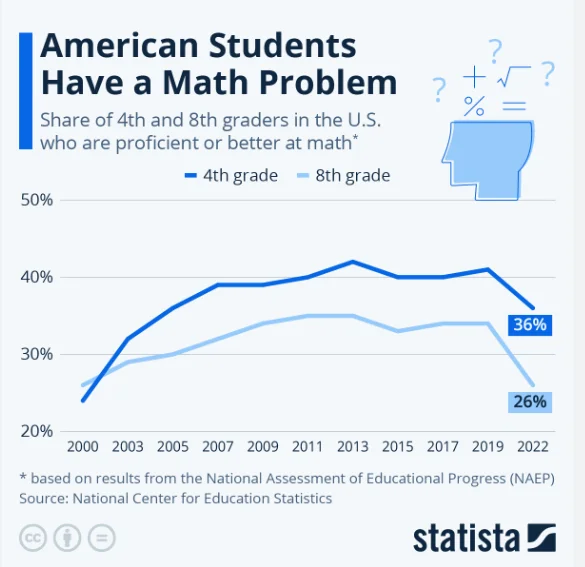
Let’s see how AI labs and robots can significantly improve math proficiency in kids through various benefits:
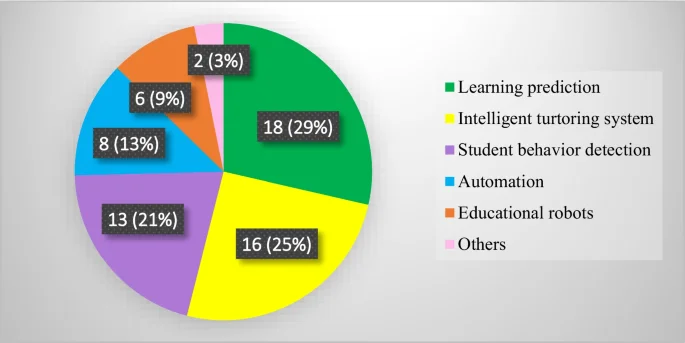
1. Personalized and Self-paced Learning
AI adapts to each child’s pace, providing tailored math exercises and lectures, ensuring they grasp concepts thoroughly.
2. Interactive Engagement
Robots and AI labs make math fun and interactive through visuals and innovative representations, enhancing kids’ interest and motivation to learn.
3. Continuous Assessment and Immediate Feedback
AI conducts ongoing assessments, tracking progress and identifying areas needing improvement. It provides instant feedback, correcting mistakes and reinforcing correct answers, aiding comprehension.
4. Creativity and Curiosity
These AI tools and robots inspire creativity and curiosity, fostering a love for learning among the kids, making them think big and innovative.
5. Problem-solving and critical thinking Skills
These tools induce problem-solving and critical thinking in kids as they explore and experiment with programming and commands and try out different ways to do the same thing.
Recommended Reading:
Let’s take a look at some real-world examples of how AI labs and robots are being used to enhance math education:
1. AI-Powered Learning Apps
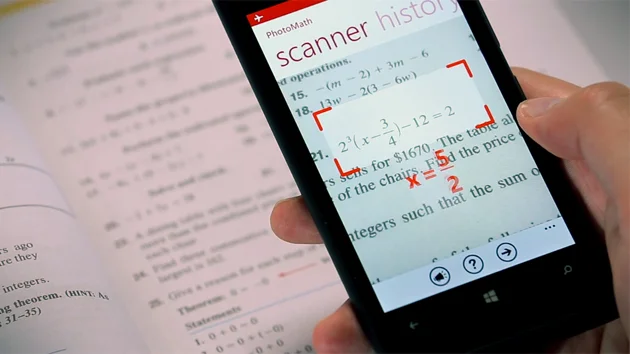
Apps like Photomath use AI to scan and solve math problems from textbooks and worksheets. Students can use their smartphones to get step-by-step explanations and solutions, turning math homework into a less daunting task.
2. Robotic Coding Education
Robots like Lego Mindstorms enable students to learn coding and math simultaneously. By programming these robots to perform specific tasks, students gain hands-on experience with math concepts in a playful and interactive way.
3. Adaptive Learning Platforms
Platforms like Khan Academy and DreamBox use AI to deliver adaptive math lessons tailored to individual student needs. These platforms assess each student’s strengths and weaknesses, adjusting the curriculum accordingly to ensure optimal learning outcomes.
4. Robot Tutors
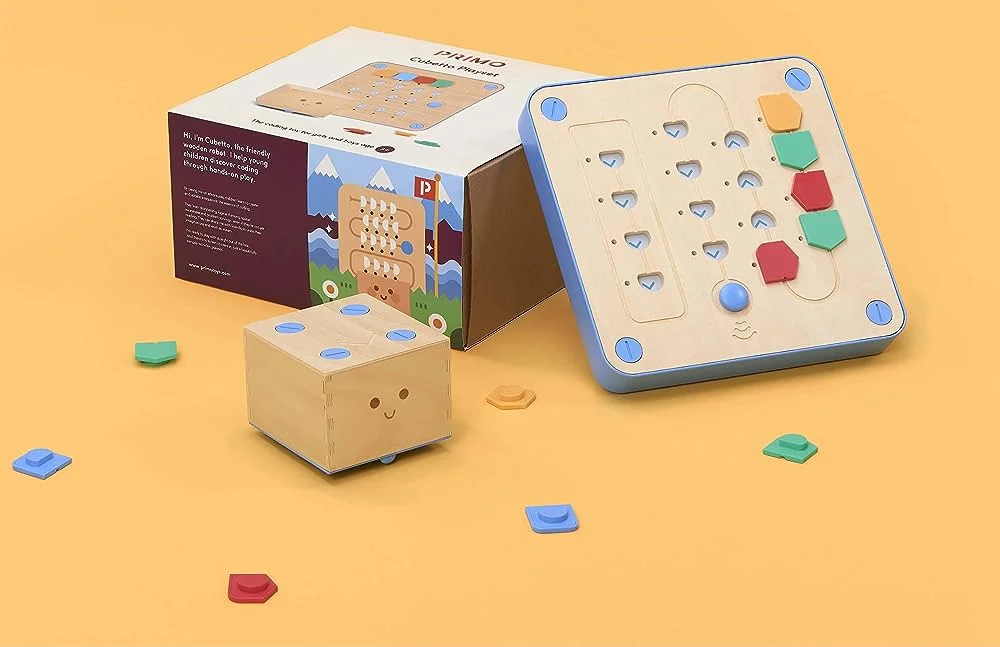
In some schools and learning centers, robots like Cubetto and Dash and Dot are used as math tutors. These robots engage with students, assess their progress, and provide personalized guidance to help them improve their math skills.
5. Math-Enhanced Augmented Reality (AR) Apps
AR apps like GeoGebra AR allow students to visualize and manipulate geometric shapes and mathematical functions in the real world through their smartphone or tablet cameras. This hands-on approach makes geometry and algebra more engaging.
Conclusion
AI labs and robots are transforming math education by making it more engaging, interactive, and enjoyable. They cater to diverse learning styles and paces, providing personalized instruction that helps students build a strong foundation in mathematics. By incorporating these innovative tools into math curricula, educators can inspire a love for math and boost math proficiency among students of all ages. The future of math education is here, and it’s filled with exciting possibilities to make learning math not just a necessity but a delightful adventure.
Moonpreneur is on a mission to disrupt traditional education and future-proof the next generation with holistic learning solutions. Its Innovator Program is building tomorrow’s workforce by training students in AI/ML, Robotics, Coding, IoT, and Apps, enabling entrepreneurship through experiential learning.

























Lol, I don’t think it is possible that robots will replace teachers?
AI cannot replace teachers. AI and robots are like teaching assistants. They provide personalized learning experiences and free up teachers for more individual guidance.